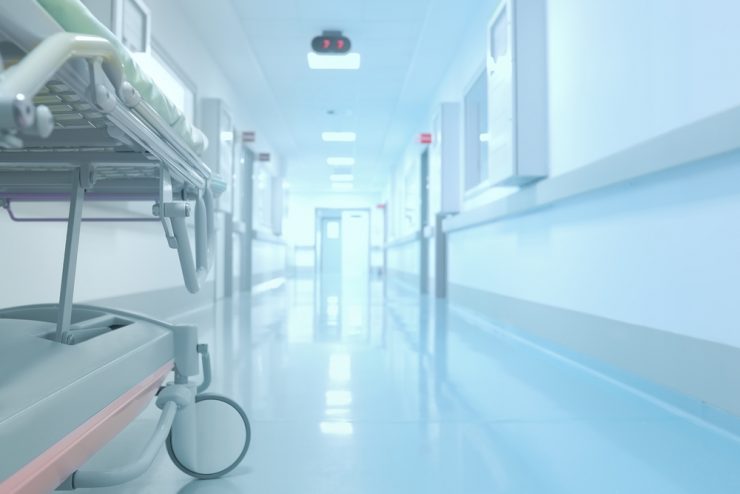Pancreatic cancers are rare and accounts for only 3 % of total cancers. People amid 60 and 80 years old are more likely to develop this condition. In sexual aspect, men are found to be more prone for this condition. Though rare, it is a serious condition and is often detected only when it has already advanced to a late stage. This is because symptoms produced by this condition are relatively late and less.
Symptoms
Common symptoms include:
- Pain
Pain is often evident in the upper abdomen, and may even present at back. Initially the pain is of less intensity and short lived but as with disease progress, it intensifies and persists. - Weight loss
As common with many other cancers, sudden weight loss and anorexia are other two symptoms. - Jaundice
It is marked by yellowed pigmentation of skin, dark coloured urine, pale faeces and an itchy sensation. - Diabetes
When the tumour considerably damages the pancreas, diabetes may be resulted and present with symptoms like increased thirst, increased voiding of urine, fatigue and sudden weight loss. - Nausea and vomiting
This is seen only when the condition aggravates. - Fever and shivering
This is often an indication of an inflammatory process.
Causes
The exact cause is not yet known. The potential risk factors include:
Ageing
The risk of developing a pancreatic cancer increases with age. It is mostly seen in people over 60 years of age.
Smoking
Smoking is linked with cancerous growths all over the body. Likewise the nicotine contained in the tobacco irritates the pancreatic cells and is thought to lead to cancer.
Genetics
Rarely only a person inherits a defective cancerous gene from his/her parents.
Diet
Consuming large quantity of processed or tinned food and a regular diet rich in fat is thought to lead to pancreatic cancer.
Diabetes
Presence of Diabetes makes a person vulnerable to pancreatic cancer.
Chemicals
Chlorinated hydrocarbon solvents are the chemicals that may lead to pancreatic cancer.
Treatment
Treatment of pancreatic cancer includes surgical management, chemotherapy and radiotherapy.
Surgery
Surgical excision of the tumour is usually carried out only if the tumour is less than 3 cm in size.
Whipple procedure
The head region of pancreas is removed the remaining part is attached to the small intestine. Pancreatic juices thus are directly secreted into the digestive system.
Distal pancreatectomy:
Only the pancreatic tail gets removed.
Total pancreatectomy:
It involves the total excision of pancreas.
Chemotherapy
This involves use of anti cancer medicines to destroy the cancerous cells. But it has many side effects.
Radiotherapy
This involves passing high energy waves to shrink and destroy the tumour.
Recovery
A complete recovery takes quite a lot of time. Any re arrangement made in the body needs time to adapt to the new situation. As it is not easy to detect it in an early stage, treatment is often initiated in its late stages and recovery is not always possible.











